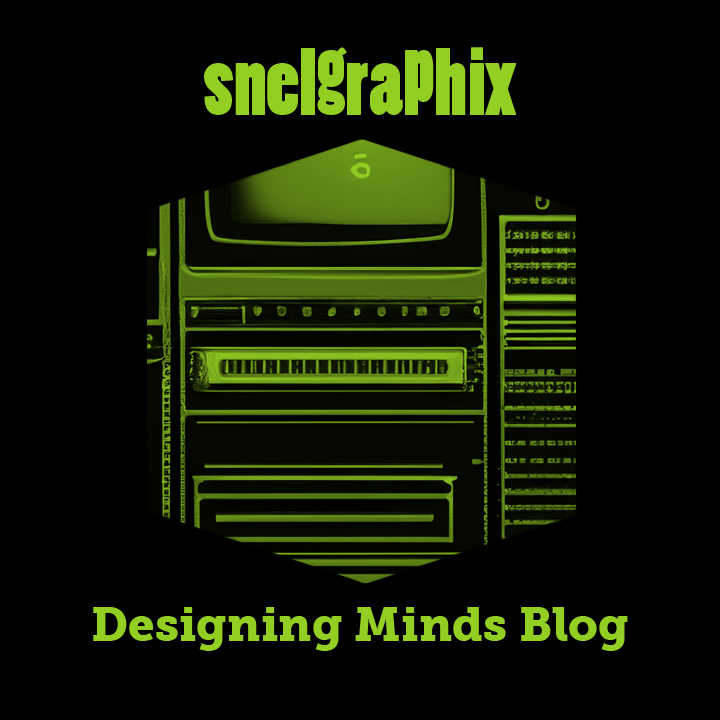Enter The Matrix
Mass Producing Literary Identities

Printer in 1568 • Wiki Commons
The Matrix is the matter.
Most people probably think of the popular film series set in a cybernetic dystopian future when they read or hear the word matrix. The fact of the matter is that the word matrix has many meanings. The word comes from the Latin term for mother and the meaning we shall focus on is the one related to mass communication. Ideas and belief systems need mediums for propagation. The medium of the mass-produced printed word and image would prove as revolutionary during the early 15th century, as social media is now during the early 21st century. At the end of the Middle Ages, a technological revolution occurred that drastically altered the political balance of power worldwide; the printing matrix was formed. Wooden block printing methods get an elemental reimagining and minerals mined from Mother Earth herself become more than just minted money. Metallic movable-type printing was invented in China, but it was the multi-talented German blacksmith, Johannes Gutenberg who introduced this molded upper and lowercase typographical technology to the world at large. This made the mass production of the written word, with accompanying illustration, inexpensive and convenient when compared to the time-consuming handcrafted production of illuminated manuscript pages. Mother Church lost its medieval political position and Catholic cathedral culture lost its dominance as a result of this engineering achievement. A new age of enlightenment dawned as more people began to learn how to read. This rise in global literacy gave birth to the Renaissance and nurtured the development of the middle class.**
The mass production of words and images made information itself into a global commodity. Novel ideas were sought by collectors who employed teams of translators. These wealthy connoisseurs sought esoteric works from the ancient world by means of eastern sources. Many of these works would eventually get mass produced. The Gutenberg Bible wouldn’t be the only book published during this time period. Within a few centuries people had rethought cosmology itself and the scientific method replaced Church doctrine as the foundation for existential reasoning. Mass produced works authored by brilliant minds like that of Sir Isaac Newton, and published by institutions like the Royal Society, would forever alter the bounds of human imagination. Mathematically derived concepts, with peer-reviewed proofs, taught in international university classrooms, would replace Church doctrine propagated by colleges of Catholic cardinals. This demonstrable evolution in thinking would transform the planet forever. There would have been no Reformation, no ubiquitous scientific achievement, no great democratic uprisings and no creation of modern governmental institutions, were it not for the age of enlightenment brought about by the sharing of information and ideas on a global scale, transmitted by the power of the printing press.**
Video: The Machine That Made Us (Gutenberg Printing Press Documentary) | Timeline





























